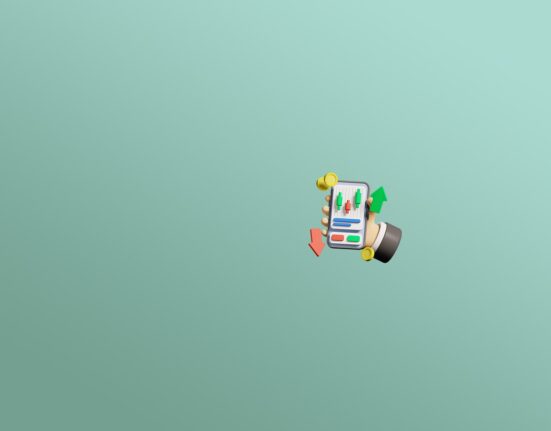Cryptocurrency is a type of digital currency that uses cryptography techniques to secure and verify transactions and to control the creation of new units. Cryptocurrencies are decentralized, meaning they are not issued or controlled by a central authority like a government or financial institution. Instead, they are created through a process called mining, which involves solving complex mathematical problems using specialized computer hardware.
Cryptocurrencies can be bought and sold on various online exchanges, and they can also be used to purchase goods and services from brokers who accept them as payment. However, their value is known to be highly volatile, and they are not yet widely accepted as a form of payment.
Functioning of Cryptocurrencies
Cryptocurrencies work through a decentralized digital ledger called the blockchain. The blockchain is a public, tamper-proof database that records all transactions in a particular cryptocurrency. Instead of being controlled by a central authority like a bank or government, the blockchain is maintained by a network of users who work together to validate and verify transactions. Here’s a simplified overview of how cryptocurrencies work:
- Transactions are initiated by users and broadcast to the network of nodes.
- The network of nodes validates the transaction and confirms it by solving a complex cryptographic puzzle.
- Once the transaction is confirmed, it is recorded on the blockchain, which is a public ledger accessible to everyone on the network.
- Miners on the network, who use specialized computer hardware, compete to solve complex cryptographic problems in order to add new blocks to the blockchain and earn newly-created cryptocurrency as a reward.
- The blockchain ensures that each transaction is secure and irreversible, as each block contains a reference to the previous block in the chain, making it nearly impossible to alter or tamper with the data.
Types of Cryptocurrencies
There are thousands of different cryptocurrencies in existence, each with their own unique features, use cases, and communities. However, here are some of the most well-known types of cryptocurrencies:
- Bitcoin (BTC): The first and most well-known cryptocurrency, Bitcoin is used as a digital currency for online transactions and as a store of value.
- Ethereum (ETH): An open-source blockchain platform that allows developers to build decentralized applications (dApps) and smart contracts.
- Ripple (XRP): A cryptocurrency and payment protocol designed for global money transfers and remittances.
- Litecoin (LTC): A peer-to-peer cryptocurrency that is designed to be faster and more efficient than Bitcoin.
- Cardano (ADA): A blockchain platform that aims to provide a more secure and scalable infrastructure for decentralized applications.
- Polkadot (DOT): A blockchain platform that allows multiple blockchains to interact with each other, enabling interoperability between different blockchain networks.
- Dogecoin (DOGE): A cryptocurrency that was originally created as a joke but has since gained a cult following.
Purchasing Cryptocurrencies
The ultimate motive of traders is purchasing cryptocurrency that can give them an impactful advantage, and purchasing cryptocurrencies can be broken down in to some commendable steps;
- Choose a cryptocurrency exchange: There are many cryptocurrency exchanges available where you can buy and sell cryptocurrencies. Some popular exchanges include Coinbase, Binance, Kraken, and Gemini. Each exchange has its own fees, security measures, and features, so it’s important to do your research before choosing one.
- Create an account: Once you have chosen an exchange, you will need to create an account and complete the verification process. This typically involves providing personal information and uploading identification documents.
- Fund your account: To buy cryptocurrency, you will need to fund your exchange account with fiat currency (such as USD, EUR, or GBP) or another cryptocurrency. Most exchanges allow you to fund your account using a bank transfer, credit card, or debit card.
- Choose your cryptocurrency: After funding your account, you can choose which cryptocurrency you want to purchase. Most exchanges offer a range of cryptocurrencies, and the process for buying each one may vary slightly.
- Buy the cryptocurrency: Once you have chosen the cryptocurrency you want to buy, you can enter the amount you want to purchase and place an order. The exchange will then execute your order and the cryptocurrency will be deposited into your exchange account.
- Store your cryptocurrency: It’s important to store your cryptocurrency in a secure wallet, either on the exchange or in a separate hardware or software wallet. This will help protect your cryptocurrency from theft or hacking.
Future of Cryptocurrency
Cryptocurrency has now become a mainstream transactive method with its increased popularity over the past years, and with the innovation in blockchain technology, which underpins cryptocurrency, is still in its early stages of development. As it evolves and new use cases are discovered, it could lead to new applications and innovations in a variety of industries.












